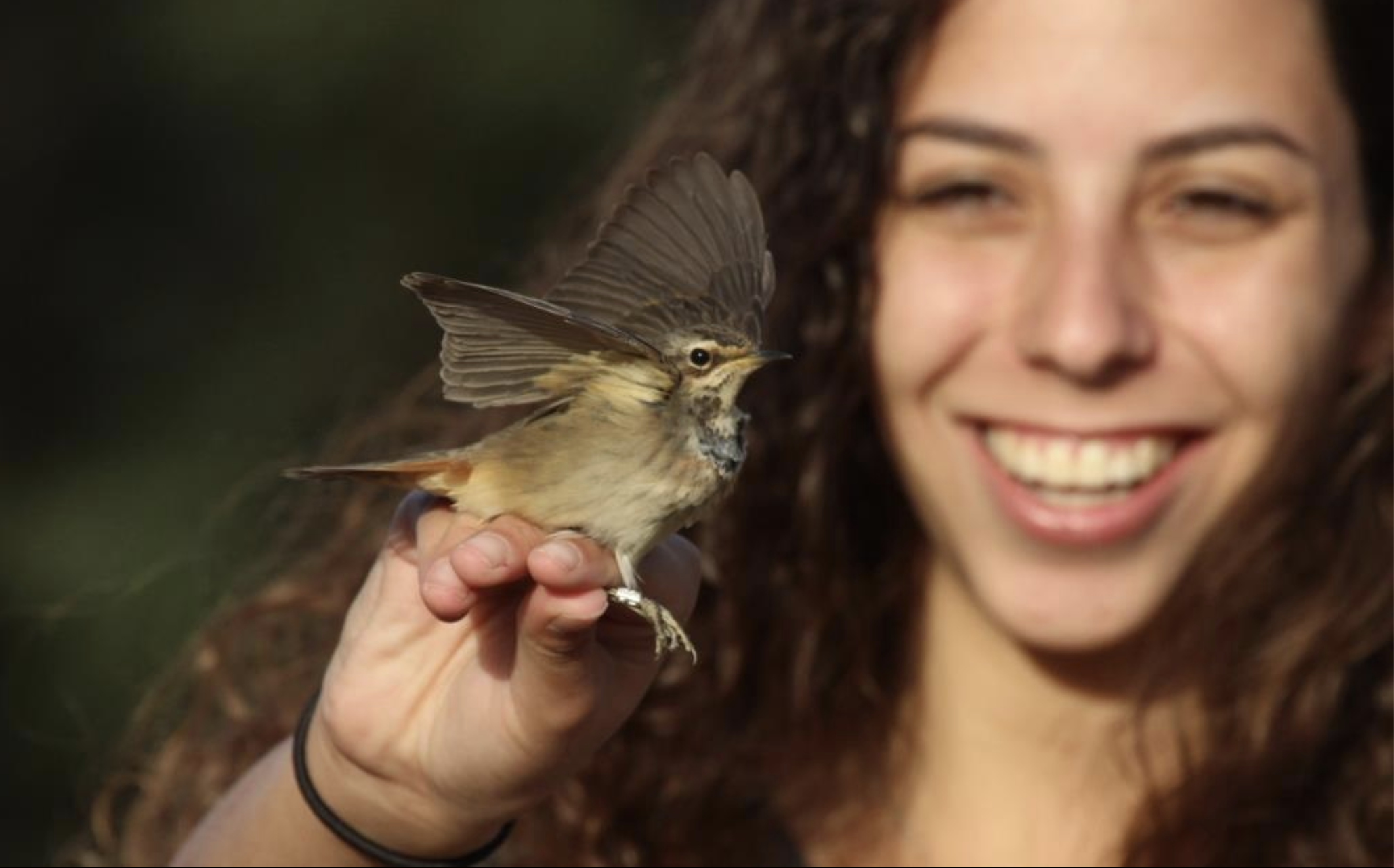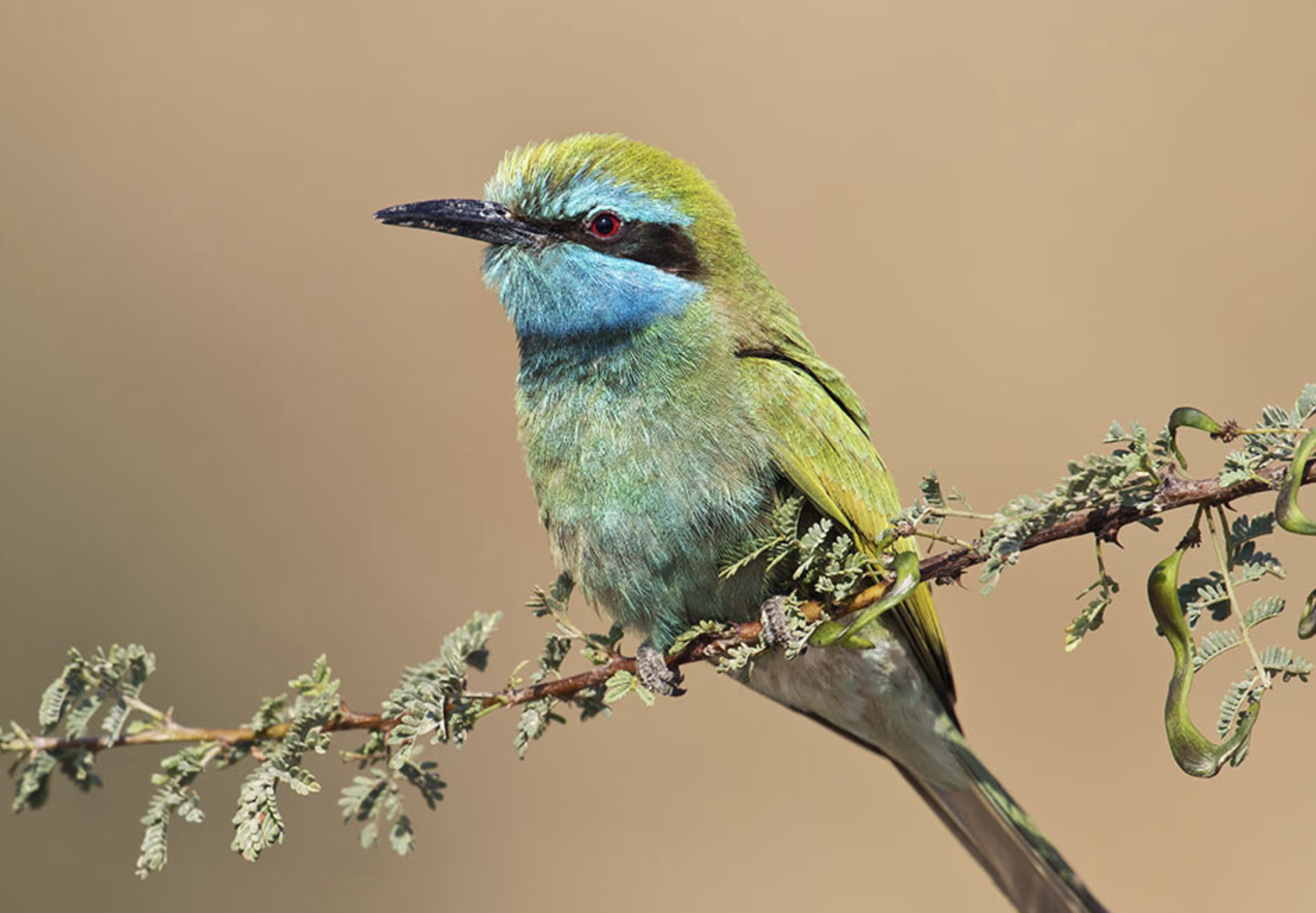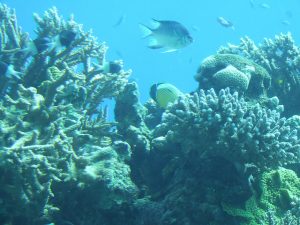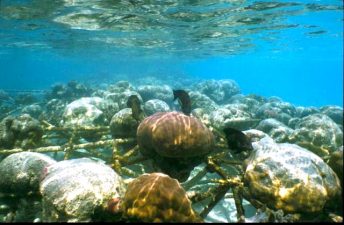 The International Birding & Research Center in Eilat built a community campaign to protect migrating birds from Africa to Europe. It was declared to be one of the most globally most important projects of conservation of bio-diversity by COP15, the Conference of the Parties (UN) on biodiversity. You know COP26 – that’s for the Climate. COP15, you could say, is for the birds. This year the group met in China.
The International Birding & Research Center in Eilat built a community campaign to protect migrating birds from Africa to Europe. It was declared to be one of the most globally most important projects of conservation of bio-diversity by COP15, the Conference of the Parties (UN) on biodiversity. You know COP26 – that’s for the Climate. COP15, you could say, is for the birds. This year the group met in China.
The conference committee examined hundreds of projects and chose 100 “Global Outstanding Practices” among them. From these, the organizers chose the Eilat bird conservation project as one of the 19 most “outstanding” projects. The bird center has found a way to engage the public to protect a delicate land bridge that gives rest and refuge to migrating birds travelling from Africa to Europe and back again twice a year.
The group stopped wind turbines, decreased glass use in buildings, created watering holes and even make sure that “snacks” are available for the birds when they pass through the southern tip of Israel.
Birds aren’t loved in the Middle East and migrating birds face many challenges in areas like Jordan where the birds are shot for sport or killed because of superstitions.
“Our way to safeguard our skies and stopover sites as hazardless and nutritious for the migratory birds, pass through recruiting our communities and decision makers,” says Noam Weiss, the director of the International Birding & Research Center.
Eilat and Southern Arava are located on the only land-bridge, connecting Eurasia and Africa and on the edge of the vast and hostile Sahara Desert. The region is a critical migration bottle-necks in the world, one that millions of birds use.

The conservation of the flyway involves keeping skies clear of hazards such as wind turbines, cable held antennas, problematic power lines and even window covered buildings, that birds collide into.
Furthermore, the birds that used to enjoy thriving natural habitats such as the Eilat Saltmarsh, that is now practically extinct, are pushed to manufactured habitats – gardens, fields, orchards, Sewage treatment works and saltpans.
“To improve these man-made stopover sites for the birds, we need public support and participation and creative collaborations,”explains Noam. “To convince a farmer that birds can do pest control just as good or even better than pesticides, and therefore birds should feel safe and invited to the farms, or to collaborate with the local water company.
“The wide window of our research station, where bird banding to examine the physical condition of the migrants and their ability to complete their epic journey takes place, faces the tens of thousands of visitors who come here every year and watch research being done, ask questions and even get to hold a tiny bird and release it to its challenging way,” he adds.
“It’s a life changing experience” says Iris Gorin of the Society for the Protection of Nature in Israel, who runs the ringing station. “a kid or adult holding a warm and energetic bird and letting it go back to its migration challenges, wish from all their hearts that it will make it safely home. They are recruited to love and conserve birds, in their gardens or at work, now and forever”.
The success to recruit the community to the goals for the birding center translated instantly to achievements in conservation campaigns. Four wind farms located on the main flyway and stopover sites were stopped by the bird sanctuary’s volunteers and their communities.
The treated water reservoir is now undergoing a tremendous change for the sake of the birds, by the enthusiastic team of “En netafim” and the “Salt of the Earth” invested in the bio-diversity of its saltpans, now called the “Flamingo pools” by all.
Antennas lost their planned cables, regularization of building’s fronts (max. 50% glass) , all made for the safety of the birds, by good intentions and people.


